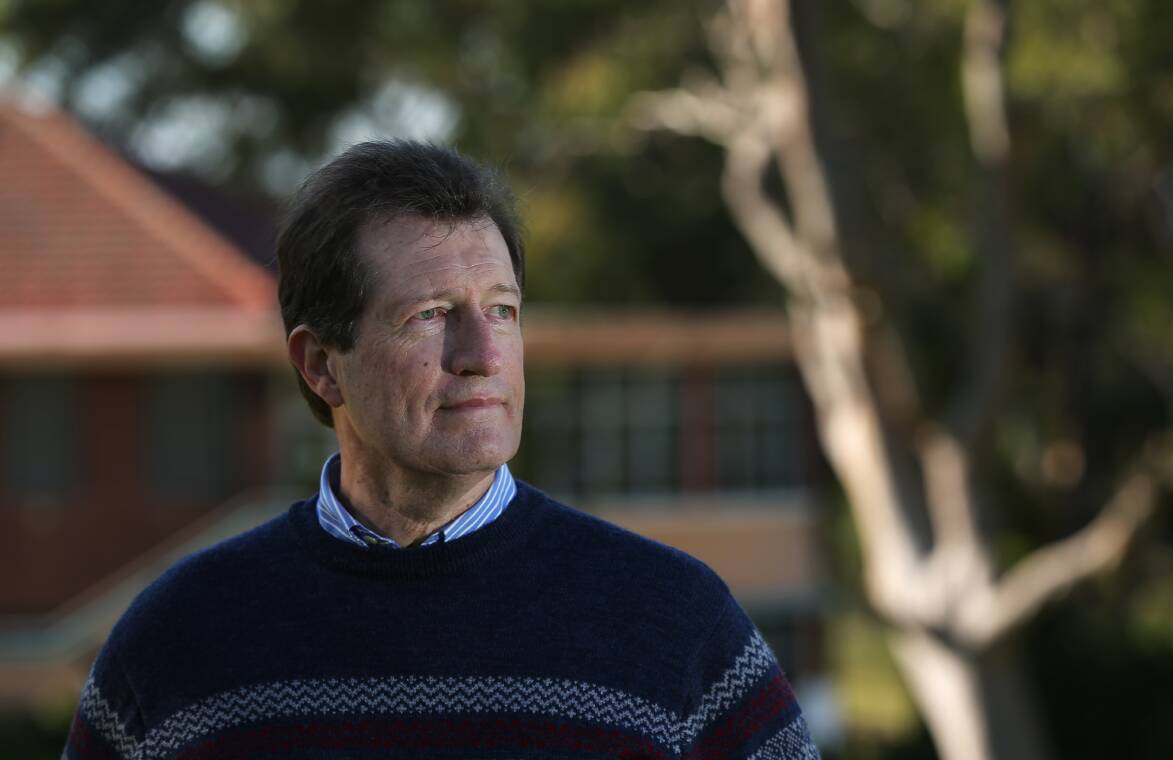
A new COVID wave has hit the Hunter-New England district with 39 people in hospital and nine aged-care home outbreaks, Dr David Durrheim says.
Dr Durrheim, a Hunter public health physician, said workplaces and schools were being affected.
"We definitely are in the beginning of another wave," he said.
During the previous COVID wave, the Newcastle Herald reported that 83 people were in the district's hospitals on May 24 with the virus.
The number of people in hospital with COVID had since fallen to "single digits for a prolonged period of time", Dr Durrheim said.
"But we certainly are seeing the number of in-patients increasing," he said.
Sewage surveillance was also showing a "steady increase in the number of viral particles detected as well".
He said NSW now had only four wastewater surveillance sites "where virus fragments are still quantified on a weekly basis".
"One of those is Burwood Beach, which captures quite a bit of Lake Macquarie and Newcastle sewage."
A third measure of COVID was "the number of aged-care outbreaks".
"We had a day with no aged-care facilities impacted by COVID at all about six weeks ago. Unfortunately we've now seen a steady increase," he said.
"All the indicators in NSW are showing we've moved from low to moderate risk of COVID.
"It's a good prompt for people who are due for a booster jab. It's not worth waiting any longer."
Australian Technical Advisory Group on Immunisation (ATAGI) recommended that those aged 75 and older should receive a booster "if six months have passed since their last dose".
ATAGI also advised those aged 65 to 74 and severely immunocompromised people aged 18 to 64 to consider a booster.
For others who have had a jab this year, no further doses are recommended.
Dr Durrheim said "there are bivalent boosters available".
"There will be a monovalent XBB vaccine in the new year," he said.
He urged those who need a booster to get one now and not wait for the new vaccine.
He said the "current predominant strain is Omicron EG.5.1 [Eris]", but the vaccines were "cross protective" across strains.
ATAGI states that COVID-19 vaccines "provide good protection against severe illness and death for several months".
"However, protection wanes over time."
It cited an Australian study completed this year that found vaccine effectiveness of a booster dose against death in adults aged over 65 was 75 per cent within three months of the jab, declining to 53 per cent after nine months.
ATAGI said data from the fourth Omicron wave showed "about 1 per cent of people aged 18 to 49" with COVID were hospitalised.
Multiple factors contribute to the "relatively lower rates of severe illness" in younger people.
"Much of the population now has hybrid immunity, a combination of protection from previous vaccination and prior infection.
"Globally, vaccine advisory groups recognise that severe COVID-19 disproportionately affects older adults and people with high-risk medical conditions. These people will benefit most from additional vaccine doses."







